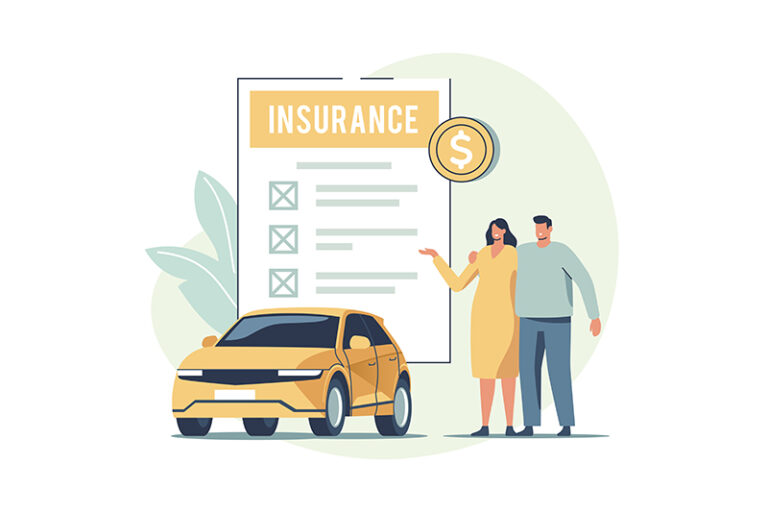May 22nd, 2024
Road Trip Ready: What to Do If You’re in a Car Accident This Summer
Posted in: Personal Injury Tagged: Ivonne C. Lindley

With Memorial Day marking the unofficial start of summer and the travel season heating up, roads will be bustling with vacationers. Unfortunately, this can also mean an increase in traffic accidents. It’s crucial for travelers to know how to handle a car crash properly, as laws vary from state to state.
What are the main Do’s and Don’ts when you get into a car accident?
Don’t
- DON’T yell, scream, or aggressively confront the other driver. This behavior can escalate the situation and jeopardize your safety.
- DON’T follow the other driver if they flee the scene. Chasing a hit-and-run driver is dangerous. Rely on your uninsured motorist coverage to protect you if the other driver is never found or lacks insurance.
- DON’T offer or accept payment to avoid involving insurance companies. You may not immediately know the full extent of injuries or damage. Offering or accepting money could complicate future claims.
- DON’T post about the accident on social media. Avoid live videos or photo posts, as these can become part of the public record and potentially be used against you.
Do
- DO seek medical attention if you or anyone in your vehicle is hurt or feeling unwell.
- DO call the police and request their assistance. Even minor collisions benefit from a police presence to facilitate information exchange.
- DO take photos of the accident scene. Capture the positions of all vehicles before moving them, if it’s safe to do so. These photos can be vital if there’s a dispute about the events.
- DO gather information from the other driver and witnesses. Take photos of the other driver’s license and insurance information. Collect contact details from all involved parties and any witnesses.
- DO check for cameras in the vicinity. Nearby buildings, homes, or dash cams might have recorded the incident.
- DO know your rights and the rights of your passengers. For instance, in Maryland, a minor has three years from turning 18 to file a claim, rather than just three years from the accident date. This allows time to assess long-term impacts on their health.
What to do if you’re out of state when you get in an accident?
If you’re insured in your home state, your coverage extends nationwide.
Jurisdiction in out-of-state cases can be complex. Typically, you can sue in the state where the accident occurred or where the other driver resides. You cannot generally sue in your home state unless the other driver lives or conducts business there. It’s advisable to consult a lawyer in the jurisdiction of the accident for specific legal guidance.
Regardless of the state, there are steps you should take immediately following the accident:
- Gather detailed information: law enforcement agency name, insurance details of other drivers, and witness contacts.
- Seek medical attention locally, then follow up with your doctor at home.
- Report the accident to your insurance company and seek legal assistance promptly.
As you embark on your summer adventures, keep these tips in mind to navigate any unexpected situations on the road. Being prepared ensures you can handle accidents effectively and continue your journey with peace of mind.







